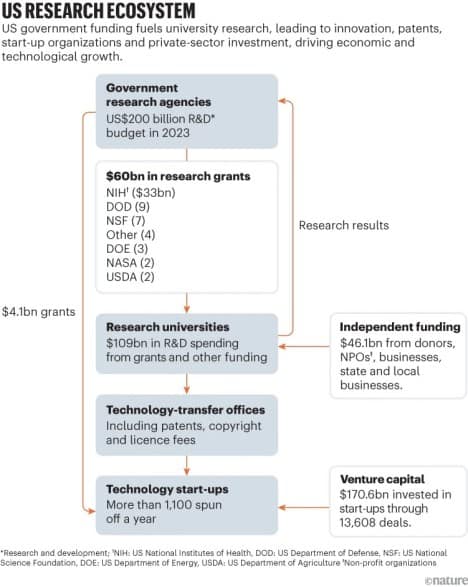Microsoft Retires Skype: Transitioning to Teams for Enhanced Communication
Microsoft has announced the retirement of Skype, effective May 5, 2025, marking the end of an era for the pioneering internet communication service. This strategic move aims to consolidate Microsoft’s communication platforms, focusing on the more integrated and feature-rich Microsoft Teams.
The Rise and Decline of Skype
Launched in 2003, Skype revolutionized online communication by offering free voice and video calls, quickly amassing a vast user base. At its peak, it boasted hundreds of millions of users worldwide. However, with the advent of competitors like Zoom, Slack, and WhatsApp, Skype’s popularity waned. Its technology, initially groundbreaking, struggled to adapt to the rapidly evolving smartphone era, leading to a decline in active users. Read about it.

Microsoft’s Acquisition and Shift to Teams
In 2011, Microsoft acquired Skype for $8.5 billion, intending to integrate it into its suite of services. Despite efforts, Skype couldn’t maintain its dominance in the face of emerging competitors. Recognizing the need for a more robust collaboration tool, Microsoft introduced Teams in 2017. Designed to integrate seamlessly with other Microsoft Office applications, Teams gained significant traction, especially during the global shift to remote work. As of now, Teams boasts approximately 320 million monthly active users.
Transitioning from Skype to Teams
To ensure a smooth transition, Microsoft is offering current Skype users the option to migrate to Teams at no cost. Users can log into Teams using their existing Skype credentials, with chats and contacts migrating automatically. For those who prefer not to switch, there’s an option to export data, including chat history and shared files, before the May 5 deadline.
Enhancements in Microsoft Teams
Microsoft Teams offers a comprehensive suite of features that surpass Skype’s capabilities. Beyond voice and video calls, Teams provides integrated tools for collaboration, such as file sharing, real-time document editing, and advanced meeting functionalities. Recent updates have introduced features like Storyline, a Facebook-like feed that enhances internal communication by allowing users to post updates and follow colleagues. Additionally, Teams is set to receive multiple new features in 2025, including Copilot’s ability to generate file summaries, live transcription support in multiple languages, and Super Resolution to enhance video quality.
Impact on Users and the Communication Landscape
The decision to retire Skype underscores the dynamic nature of technology and user preferences. While Skype played a pivotal role in shaping modern communication, the shift towards more integrated platforms like Teams reflects the evolving needs of users for comprehensive collaboration tools. This move also highlights Microsoft’s commitment to streamlining its services to provide a unified and efficient user experience.
Conclusion
As Microsoft bids farewell to Skype, users are encouraged to embrace Teams for a more integrated and enhanced communication experience. The transition signifies not just the end of a service but the evolution of digital communication, paving the way for more collaborative and efficient tools in the modern workspace.
Stay up to date!
Cybersecurity Threats and Trends in 2025: Risks and Solutions
Microsoft’s Majorana Fermions: A Quantum Leap in Computing
Top Emerging Technologies from CES 2025: A Glimpse into the Future












Post Comment